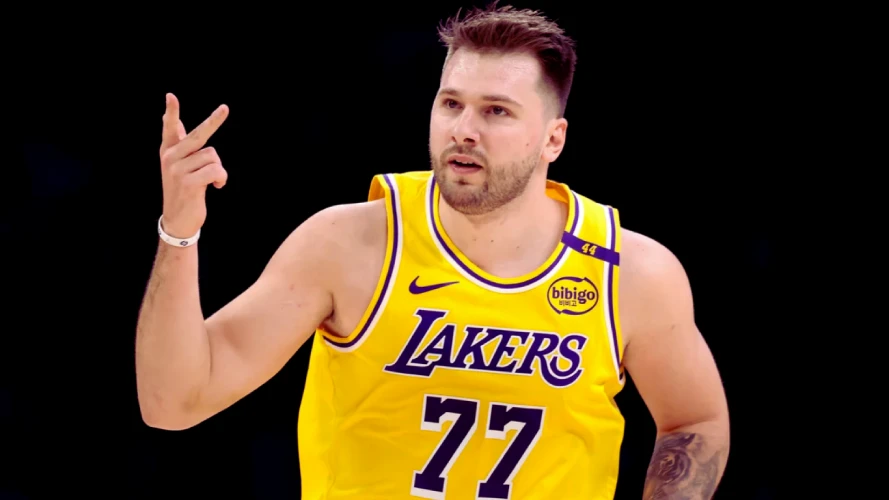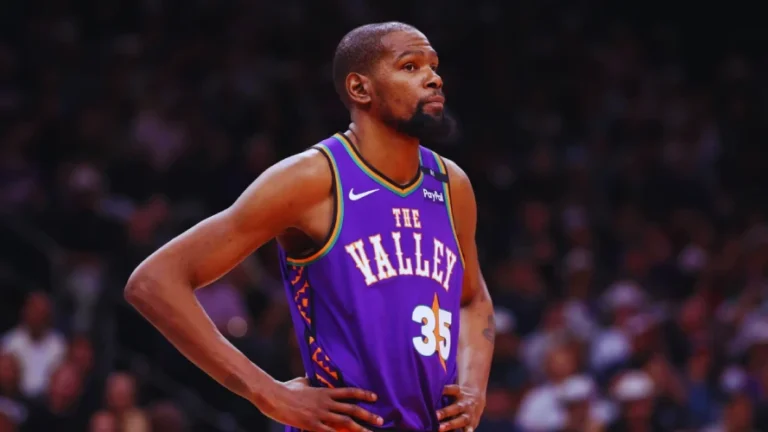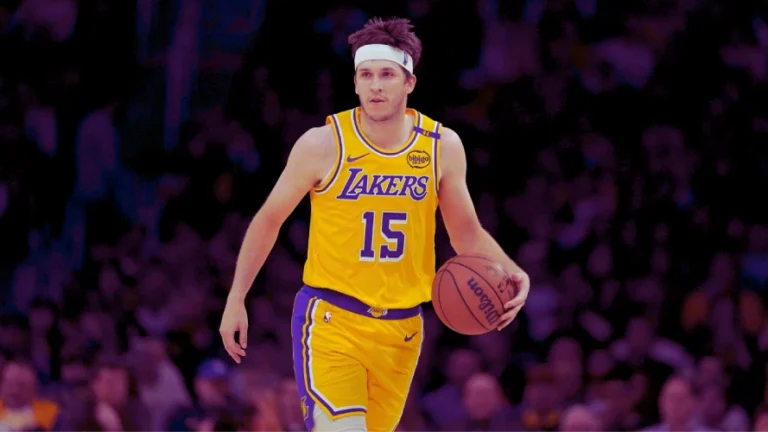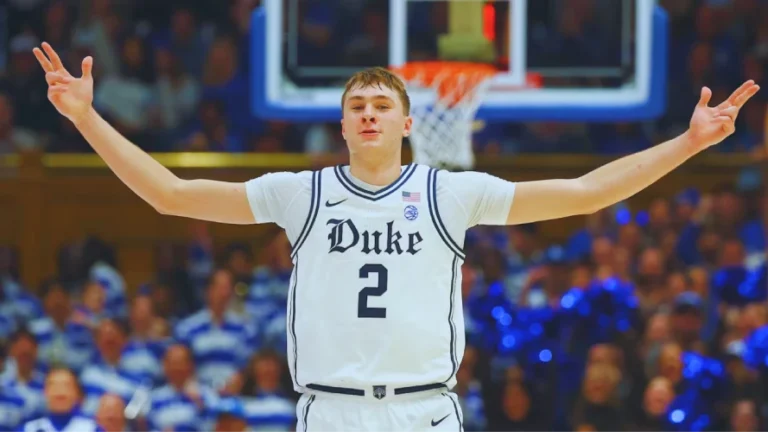On a crisp October evening in Los Angeles, the crowd inside the arena buzzed with an electric anticipation that had not been felt in years. The season opener of the Los Angeles Lakers promised something new. When Luka Dončić stepped onto the court in the iconic gold and purple, it was more than just the start of another NBA season. It was the beginning of a new chapter in both his career and the Lakers’ story.
From the opening tip, Dončić looked as if he had been born for this stage. He played with a calm ferocity that made the game bend to his rhythm. Every movement carried intent. Every decision seemed measured yet effortless. By the time the final buzzer echoed through the building, the scoreboard told the story of a night to remember: 43 points, 12 rebounds, and 8 assists. The numbers were dazzling, but the performance went beyond statistics. It was art on hardwood, the kind of spectacle that only a few players in basketball history can deliver.
Fans quickly found a name to describe what they had witnessed. Across social media, the words “Luka Cash” appeared again and again, echoing through timelines like a chant. The nickname captured the essence of his performance. Every shot felt pure. Every pass carried weight. Every decision brought returns. Luka was money in motion.
What made this performance even more impressive was the context behind it. Just months earlier, Dončić had shocked the basketball world with his move to the Lakers after several seasons with the Dallas Mavericks. Many wondered if his ball-dominant style would fit in with the Lakers’ system and how he would adapt to sharing the spotlight with Anthony Davis. Those doubts did not survive the opening night. Dončić and Davis played as if they had spent years building chemistry. Davis’ presence near the rim opened lanes for Luka, while Luka’s court vision created scoring chances that Davis capitalized on again and again. The result was fluid basketball—fast, creative, and thrilling to watch.
Observers noted something different in Dončić’s demeanor. In Dallas, he had carried the weight of a franchise on his shoulders. In Los Angeles, he looked liberated. Surrounded by a deeper roster, he no longer needed to force every play. Instead, he orchestrated. He conducted the game like a musician guiding an orchestra, changing tempo at will. When defenders crowded him, he found open teammates in rhythm. When the Lakers needed a bucket, he created one out of nothing.
His 43 points came from a variety of ways: step-back jumpers from beyond the arc, elegant floaters in the lane, drives through traffic that seemed impossible until he finished them with a soft touch. The fans roared after every make, and by the fourth quarter, even the opposing bench seemed resigned to witnessing greatness. The 12 rebounds and 8 assists added depth to his stat line, showing that his impact stretched across every inch of the floor.
This game was more than a personal triumph. It represented a symbolic rebirth for the Lakers. After seasons of inconsistency and fading dominance, the franchise seemed to find its heartbeat again. Dončić’s arrival injected new life into the team and renewed hope into a fanbase that had been longing for another era of brilliance. The energy in the arena felt like a mix of nostalgia and anticipation—memories of Kobe Bryant’s artistry blending with dreams of a new dynasty led by a European magician.
Sports analysts spent the following days trying to find comparisons. Some pointed to LeBron James’ debut in 2018. Others mentioned Magic Johnson’s flair. Yet Dončić’s performance felt uniquely his own. He did not imitate anyone. His game combined creativity, patience, and audacity in a way that made even his mistakes look intentional. He smiled through contact, shook his head after missed shots, and carried himself with the calm confidence of someone who knew that his time had arrived.
For Dončić, this debut was not about proving something to critics. It was about setting a tone. He wanted to show that his move to Los Angeles was not just a business decision but a personal mission to chase greatness on the grandest stage basketball offers. When reporters asked him afterward about the nickname “Luka Cash,” he laughed and said he did not pay attention to such things. But his grin suggested he understood the symbolism. In a city built on stars, he had already become the brightest one of all.
The night ended with fans chanting his name as they poured out of the arena. They had witnessed something rare the moment a player transcends expectation and becomes part of the team’s legend. Dončić’s 43-point masterpiece was not merely an introduction to the Lakers’ fanbase. It was a statement to the entire league. Los Angeles was no longer searching for its next hero. It had found him.
As the season stretches ahead, one question lingers in the minds of basketball fans everywhere: if this was only the beginning, what kind of magic will Luka Dončić create next under the lights of Hollywood?




